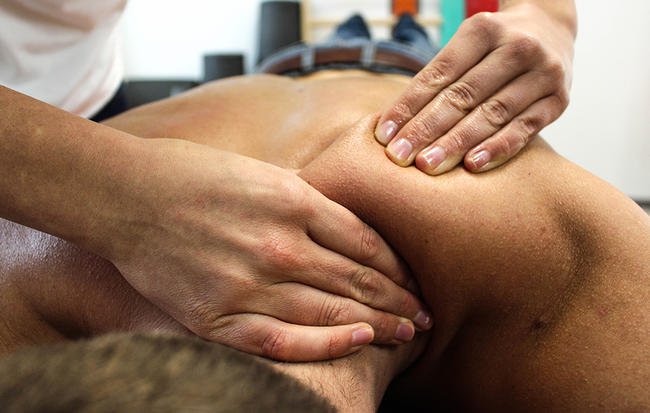Most cyclists emphasise what they need to do after they ride to facilitate recovery. But you can get a head start on the recovery process by having a protein-rich snack upfront to minimise the damage and hasten the rebuilding process before you even click in, says Stacy Sims, PhD, senior research fellow at Adams Centre for High Performance, University of Waikato in New Zealand and author of Roar. “Aim to get about 15 to 20 grams of protein before hard efforts,” says Sims, who recommends Greek yogurt, which provides the amino acid leucine, which is key for building muscle.
RELATED: 10 Top Protein Sources
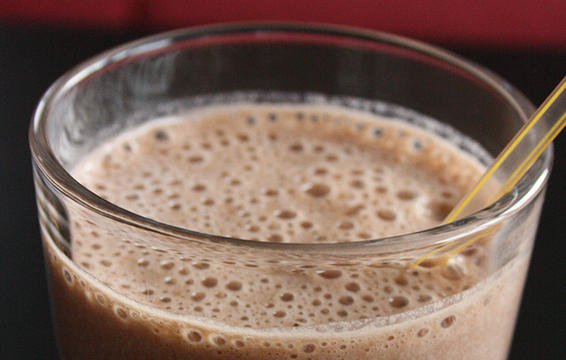
Your body goes into a catabolic state—basically eating into its own muscles—after exhausting efforts. Priority one is flipping that state to become anabolic (building up rather than breaking down muscle tissue). That means pumping in some protein within 30 minutes of finishing, if possible. That’s especially important for women whose hormones tend to leave them more catabolic than their male counterpoints. Include some carbohydrates to restock your glycogen stores. “I recommend a post-ride recovery snack that comprises about 15 to 25 grams of protein and 15 to 30 grams of carbohydrate,” says Dina Griffin, RD, CSSD, CISSN, performance education coordinator at eNRG Performance in Littleton, Colorado. Some Greek yogurt with ¼ cup granola will get you there.
RELATED: How Many Carbs Should You Actually Eat?
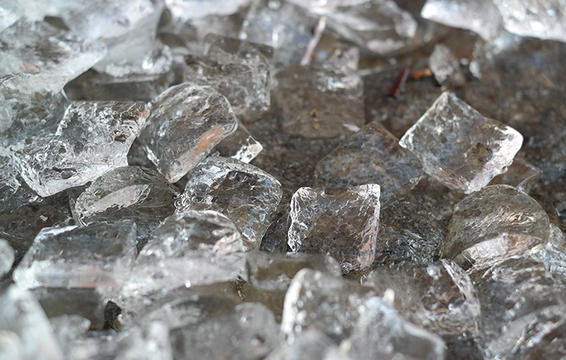
Ice baths (for those with the motivation and fortitude to do them) are a long-standing recovery technique designed to trick your body into redistributing the blood from your still warm skin back into central circulation to shuttle out metabolic waste, as well as to decrease swelling and inflammation in your muscles. But studies on their actual effectiveness are limited, with some suggesting ice baths alone may actually delay recovery. Try contrast therapy where you alternate cold and heat to passively push and pull blood in and out of your muscles instead. In one study, exercisers who received contrast therapy after shredding their legs on the leg press machine enjoyed faster recovery of their strength and power than their peers who just rested afterward. Don’t happen to have an ice tub and Jacuzzi in your house? Take a contrast shower—alternating hot and cold temperatures during your post ride clean up. Even easier: fake it with ice packs (or bags of frozen peas) and hot water bottles, applying the cold packs to your worked over quads for about 5 minutes, followed by the hot water bottles, and so forth for two to three cycles.
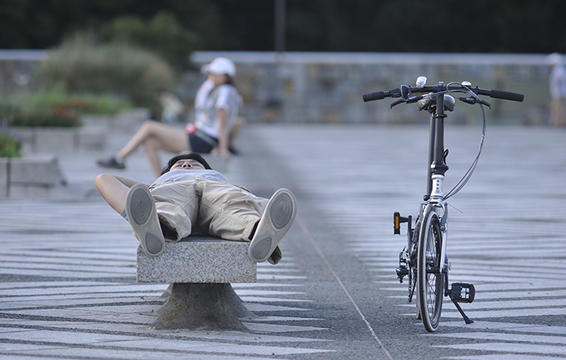
A good night’s sleep is essential for full recovery. It’s when your body pumps out human growth hormone, which is responsible for tissue growth and repair. If possible, sneak in 20 winks during the day, as well, especially after particularly grueling efforts. Research shows that a daytime power nap about 2 hours after a hard effort helps your body slip into a deep, restorative state of sleep. Naps are particularly potent when you’re not sleeping your best, like during traveling from an event. A study in the Journal of Clinical Endocrinology & Metabolism reports that just 30 minutes of stolen shuteye is enough to restore stress hormones and immunity to normal levels after a night of short sleep.
RELATED: This Is Your Body On Sleep
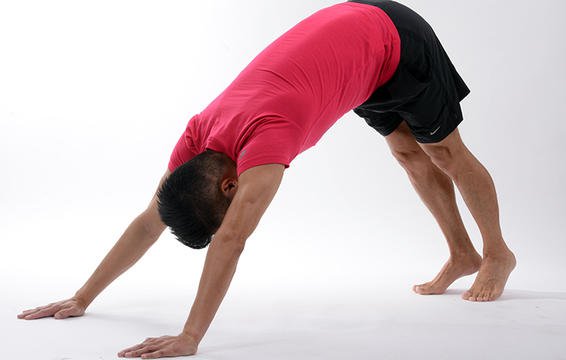
You’ve likely heard that stretching speeds recovery. That’s debatable (though stretching is certainly good for other things, like maintaining range of motion). You also might be tempted to prop your feet up and fire up some Netflix and just let your muscles rest. That’s likely not the best course of action either. Instead, saddle up for a very light spin. You’ll recover more quickly than if you stretch or sit around. In a study that compared passive recovery (i.e. sitting on your rump, remote in hand); stretching, and active recovery (i.e. cycling with minimal resistance), following a fatiguing exercise bout, those who kept it moving recovered far better than those in the other two groups, who saw little improvement. Just be sure to not overdo it. It should be no more strenuous than a stroll through the neighborhood.
RELATED: What Your Noisy Knees Are Trying to Tell You
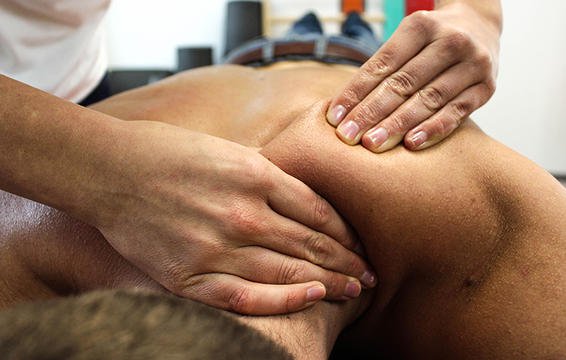
As you may have noticed, flushing your muscles to remove the gunk and revive them with fresh nutrient and oxygen-rich blood is key to optimum recovery. You can go high tech and flush them out with specific recovery devices such as compression pumps like Elevated Legs, inflated leg sleeves that use pneumatic compression to enhance blood flow, or an electrical stimulation device like Marc Pro, which makes your muscles contract via electrodes literally without you moving a muscle. Or treat yourself to a sports massage—a scientifically proven circulation enhancer.
RELATED: The Real Reason You Need a Massage

Exercise is a form of stress. Much of life is another form of stress. The latter can impede your recovery from the former by keeping you in a state of fight or flight instead of allowing you to settle into a state of rest and digest, which is essential for complete recovery. Practice a relaxation technique like deep breathing exercises. Simply inhale deeply through your nose and into your lungs, expanding your diaphragm to a count of 3 to 4; then exhale for a count of 3 to 4 and repeat for a few cycles. Research shows this type of systematic, controlled breathing is such a powerful nervous system calmer that it helps sprinters maintain their maximum speed during repeated sprint tests.

